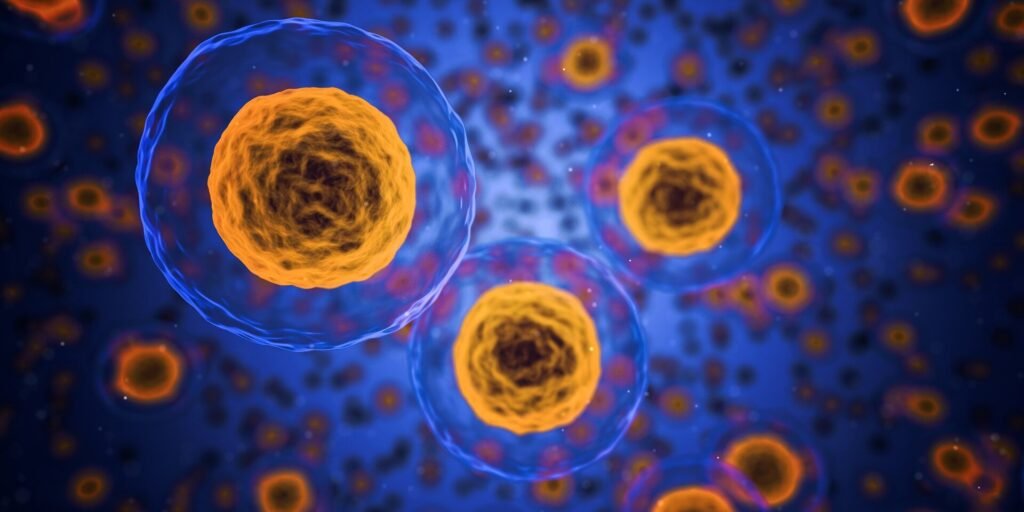Researchers at MUSC Hollings Cancer Center have made a groundbreaking discovery in the fight against head and neck cancers. A new drug, currently in preclinical studies, has been found to target cancer cells from within by damaging their mitochondria, the energy factories of the cells.
The study, recently published in Cancer Research and led by Besim Ogretmen, Ph.D., focused on suppressing tumor growth in head and neck squamous cell carcinoma, a particularly aggressive and treatment-resistant form of cancer. Standard treatments for this type of cancer often have broad impacts, affecting both cancerous and noncancerous cells and leading to severe side effects.
To address these challenges, the research team developed a novel compound called LCL768. This synthetic form of ceramide, a naturally occurring fat molecule in cells, was designed to increase levels of a specific ceramide called C18-ceramide within the mitochondria of cancer cells. This increase triggers a process known as mitophagy, in which cells eliminate damaged or unnecessary mitochondria. Since cancer cells heavily rely on mitochondria for growth, destroying them with LCL768 leads to energy depletion and ultimately cell death.
In addition to targeting mitochondria, LCL768 disrupts a key metabolic pathway by depleting fumarate, an essential molecule in the cell’s energy cycle. The combination of increased C18-ceramide levels and fumarate depletion creates a dual attack on cancer cells, resulting in their demise.
The researchers tested LCL768 in mouse models of head and neck cancer as well as lab-grown tumors derived from patient tissue. In both cases, the drug significantly increased mitochondrial C18-ceramide levels, leading to mitophagy and metabolic collapse in cancer cells, ultimately slowing tumor growth.
One of the key advantages of LCL768 is its precise targeting of cancer cells while sparing healthy tissues. This targeted approach could potentially result in fewer side effects compared to traditional chemotherapy and radiation treatments, which often harm healthy cells along with cancerous ones.
While LCL768 is still in the preclinical testing phase and has not yet been used in patients, the initial results are promising. The research team is now working towards advancing LCL768 to clinical trials, with the hope that this innovative approach could offer new hope to patients with difficult-to-treat cancers.
The development of LCL768 represents a new frontier in cancer therapy, focusing on dismantling cancer cells’ internal infrastructure and exploiting their vulnerabilities in energy management and stress response. This approach could pave the way for a new class of treatments targeting the metabolism and stress systems of tumor cells.
The researchers are optimistic about the potential of LCL768 and similar compounds to revolutionize cancer therapy, especially for tumors that are resistant to current treatment options. By targeting the metabolic weaknesses of cancer cells, drugs like LCL768 could offer a safe and effective alternative for patients with limited treatment options.
As the research progresses, the team aims to optimize the use of LCL768 for clinical applications, with the ultimate goal of providing a new and effective treatment option for cancer patients. This groundbreaking research may lead to the development of a new class of anti-cancer agents that exploit vulnerabilities in cancer cell mitochondria, offering hope for improved outcomes for patients in the future.


